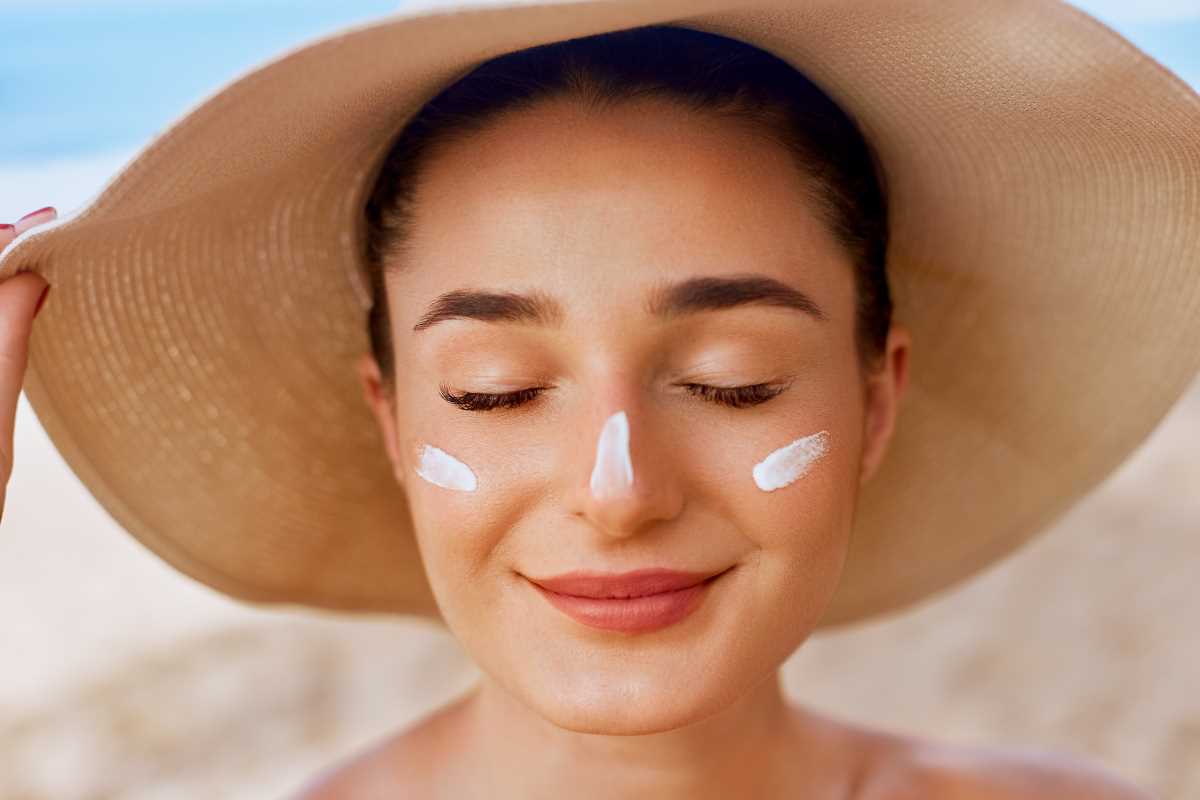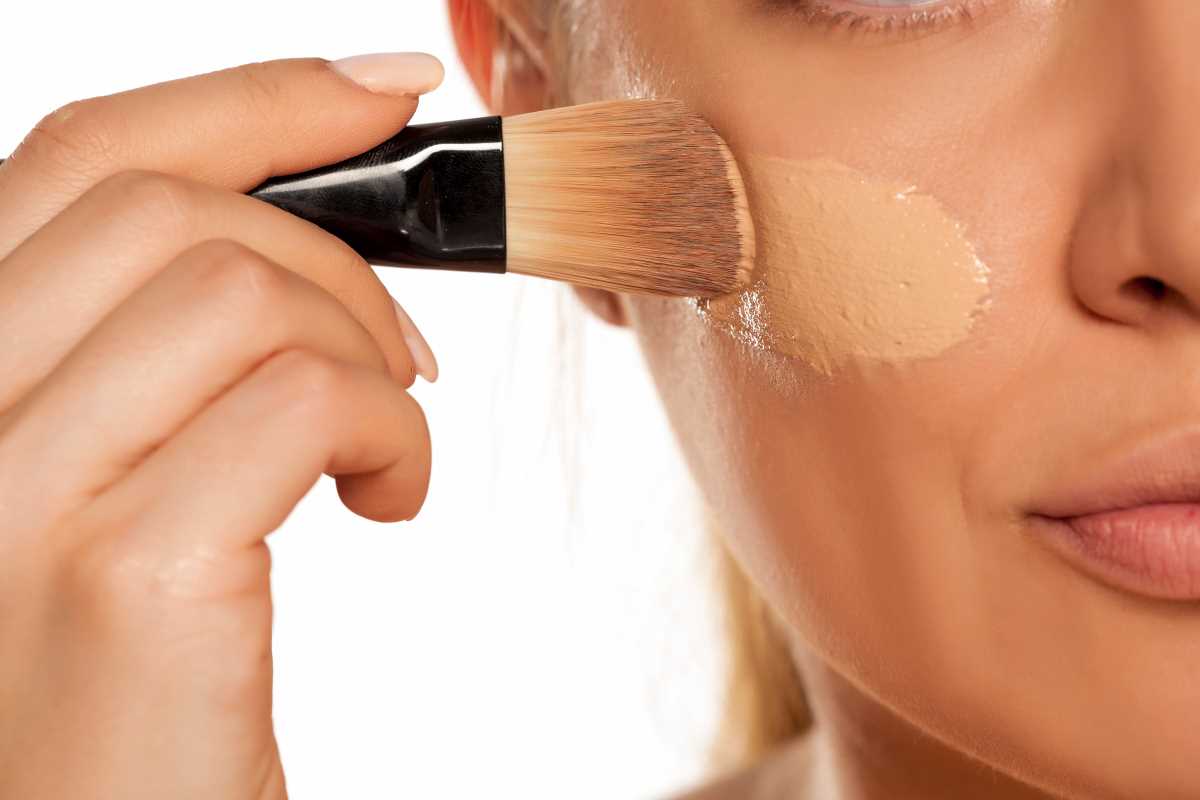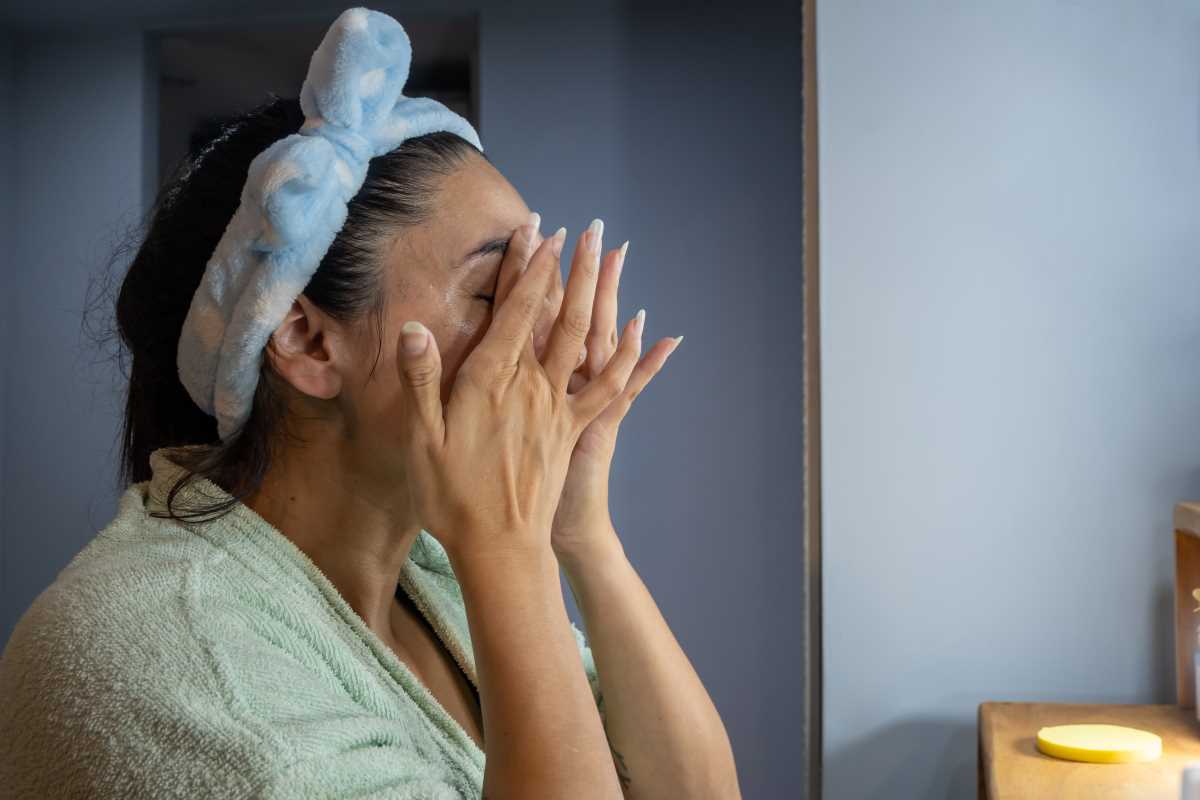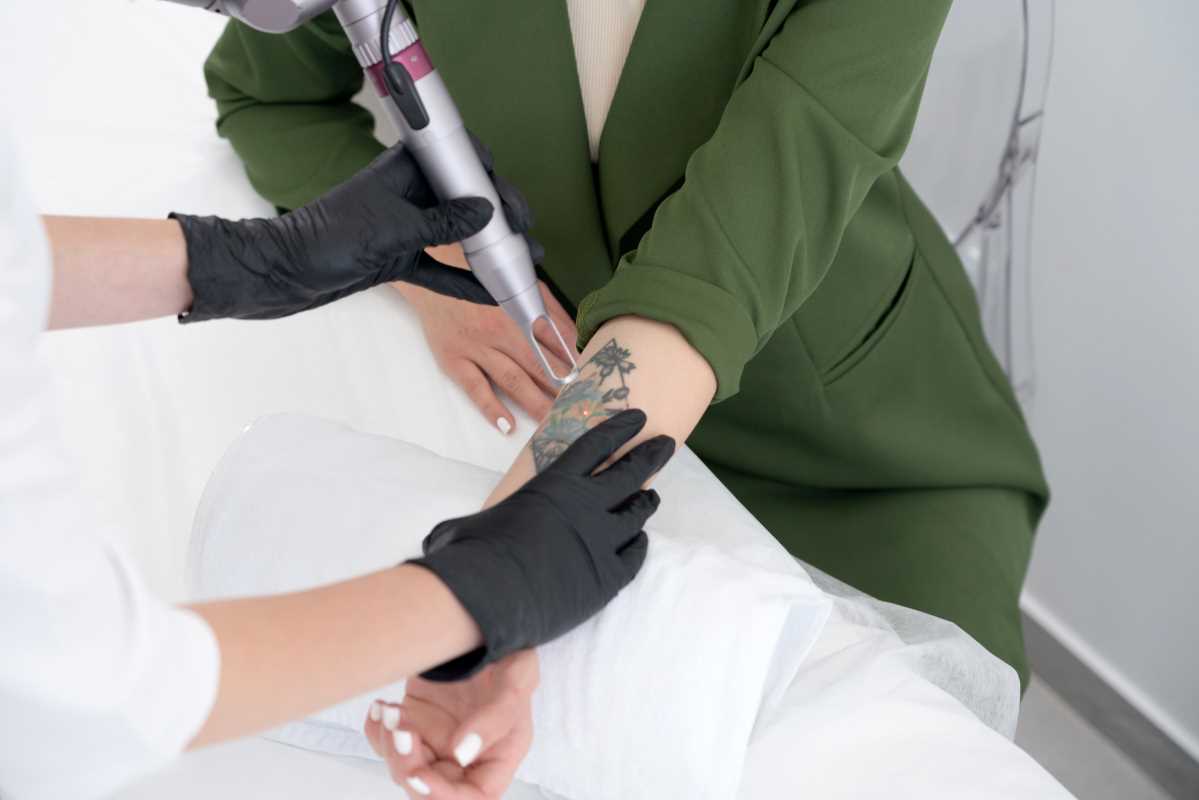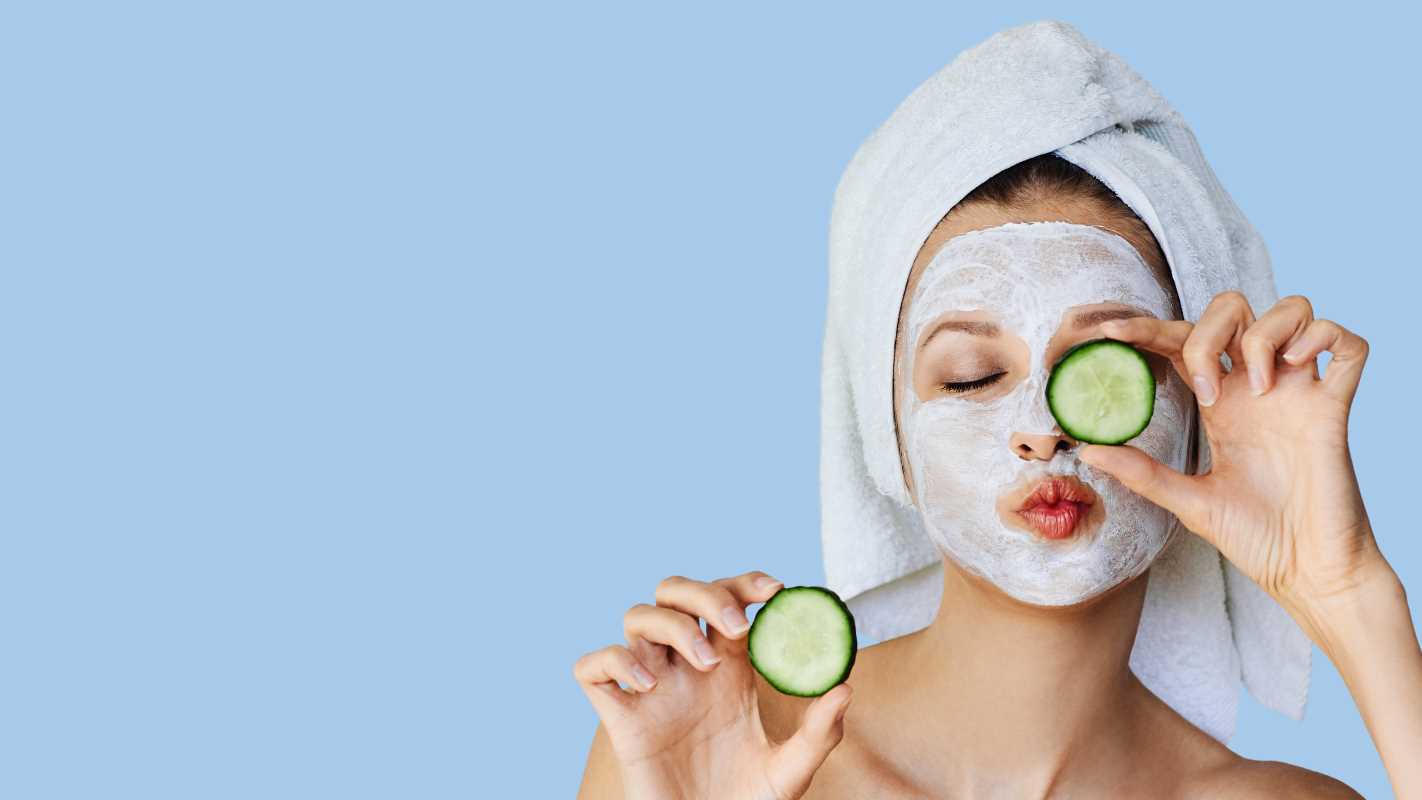The pursuit of effective skincare has led many to embrace retinol, the vitamin A derivative celebrated for its remarkable ability to combat signs of aging. However, its potency comes with potential drawbacks, sensitivity, redness, and flaking that can make the journey to rejuvenated skin uncomfortably bumpy. This has spurred growing interest in gentler, plant-based alternatives that promise similar benefits without the irritation. These natural compounds work through different biological pathways to stimulate collagen production, accelerate cell turnover, and reduce visible damage, offering effective options for those with sensitive skin, pregnant women, or anyone seeking a more nature-aligned approach to skincare. As research into botanical actives advances, these alternatives are increasingly supported by scientific studies, elevating them from mere trends to legitimate options in evidence-based skincare routines.
The appeal of natural retinol alternatives extends beyond sensitivity concerns to encompass broader philosophical approaches to beauty. Many consumers are embracing holistic wellness paradigms that value ingredients with multiple benefits beyond single-target actions. Plant-derived compounds often deliver ancillary advantages, anti-inflammatory properties, antioxidant protection, or microbiome support, that create multidimensional skincare experiences. Additionally, the sustainability dimension cannot be overlooked, as botanically-sourced ingredients often have lower environmental impacts than their synthetically produced counterparts. This alignment with both personal and planetary health has accelerated research into these alternatives, revealing promising mechanisms through which natural compounds can stimulate the skin's regenerative processes without triggering the inflammatory responses associated with conventional retinoids.
What makes natural alternatives particularly intriguing is their accessibility across different price points and formulation types. While premium serums featuring these ingredients receive significant attention, the compounds themselves appear in products ranging from budget-friendly drugstore options to luxury clinical lines. This democratization allows more people to experience their benefits without necessarily investing in high-end products. Additionally, many natural alternatives are stable in formulations without requiring specialized packaging or storage, making them more user-friendly than traditional retinol products that degrade quickly with light exposure. The versatility of these ingredients also means they're often compatible with other actives, eliminating the need to alternate products or follow complex routines to avoid ingredient conflicts.
The growing body of research supporting these alternatives reflects a significant shift in dermatological perspectives on natural ingredients. What was once dismissed as merely "nice-to-have" additions primarily valued for marketing appeal are increasingly recognized for their substantive biochemical effects on skin physiology. Clinical studies measuring changes in collagen synthesis, epidermal thickness, and cellular renewal rates have demonstrated that many botanical extracts produce measurable improvements in skin structure and function. While these changes may develop more gradually than with prescription retinoids, they often come with superior tolerability profiles that encourage consistent use, a crucial factor in achieving long-term results. The most compelling natural alternatives combine traditional wisdom with modern scientific validation, creating options that satisfy both evidence-driven skeptics and naturally inclined skincare enthusiasts.
For those considering these alternatives, understanding that results require consistency and realistic expectations is essential. Natural compounds typically work more subtly than retinol, with visible improvements emerging over months rather than weeks. This gentler approach often means fewer dramatic "before and after" transformations but greater long-term compliance and comfort. When evaluating products featuring these ingredients, concentration matters significantly, look for formulations that list active botanicals near the beginning of ingredient lists and for brands transparent about standardization processes that ensure potency. With patience and informed product selection, these natural alternatives can deliver impressive age-defying results without the discomfort often associated with conventional retinoid regimens.
Bakuchiol
Emerging from Ayurvedic tradition into contemporary skincare, bakuchiol represents the most extensively researched natural retinol alternative currently available. Derived from the seeds and leaves of Psoralea corylifolia (commonly known as babchi), this compound has demonstrated remarkable ability to mimic retinol's effects through entirely different cellular pathways. What makes bakuchiol particularly noteworthy is its growing body of comparative clinical research, studies directly measuring its performance against retinol show comparable improvements in fine lines, pigmentation, and elasticity with significantly reduced irritation. One pivotal 12-week double-blind study published in the British Journal of Dermatology found bakuchiol matched 0.5% retinol in anti-aging effectiveness while producing none of the telltale redness and desquamation associated with retinoid use.
The biochemical mechanism behind bakuchiol's effectiveness reveals why it works without irritation. While retinol binds directly to nuclear retinoid receptors, bakuchiol stimulates similar gene expressions through alternate cellular signaling pathways. This distinct mechanism activates collagen production and accelerates cellular turnover without triggering the inflammatory cascade that causes typical retinoid side effects. Additionally, bakuchiol possesses impressive antioxidant and anti-inflammatory properties that provide additional protection against environmental stressors, essentially offering multiple benefits through a single ingredient. These properties make it particularly valuable for those with inflammatory skin conditions like rosacea or eczema who typically cannot tolerate conventional retinoids.
Bakuchiol's stability represents another significant advantage over traditional retinol. While vitamin A derivatives notoriously degrade with light and air exposure, necessitating opaque packaging and careful storage, bakuchiol remains stable in various formulations without special packaging requirements. This stability translates to more consistent potency throughout a product's usage period and eliminates concerns about daytime application. Unlike retinol, which increases photosensitivity, bakuchiol can be safely incorporated into morning routines without increased sun damage risk. This versatility makes it considerably easier to integrate into existing skincare regimens without the complicated instructions often accompanying retinol products.
The optimal concentration for bakuchiol efficacy typically ranges between 0.5% and 2%, with studies showing diminishing returns at higher concentrations. When evaluating products, look for transparent labeling of bakuchiol percentage and supportive ingredients that enhance its effects, hyaluronic acid for hydration, antioxidants for complementary protection, and peptides for additional collagen support. The ingredient works well in various delivery systems, from lightweight serums that penetrate deeply to richer creams that provide additional moisture barrier support. For those transitioning from retinol, bakuchiol can be introduced without the gradual acclimation period typically required for retinoids, allowing immediate daily application without "retinization" concerns.
While bakuchiol works for most skin types, it particularly shines for those with reactive or sensitized skin who have previously abandoned retinol attempts due to irritation. Its pregnancy-safe profile also makes it valuable for women seeking anti-aging options during periods when retinoids are contraindicated. The ingredient's growing popularity has led to widespread availability across price points, from affordable options by The Ordinary and Good Molecules to luxury formulations from Herbivore and ISDIN. This accessibility has democratized access to effective age-defying ingredients, creating options for various budgets while maintaining efficacy through properly standardized extracts regardless of product pricing tier.
Beyond Bakuchiol
- Rosehip seed oil delivers trans-retinoic acid (a natural form of vitamin A) alongside essential fatty acids and antioxidants, providing gentle retinol-like benefits while simultaneously strengthening the skin barrier through linoleic and linolenic acids
- Sea buckthorn oil contains the complete family of omega fatty acids (3, 6, 7, and 9) alongside natural vitamin A compounds, delivering comprehensive cellular support that improves skin texture and elasticity while its vivid orange pigments help neutralize visible discoloration
- Carrot seed oil contains high concentrations of carotenoids that convert to retinol in the skin through enzymatic processes, offering a food-derived approach to increasing cellular vitamin A levels without applying active retinoids directly
- Moth bean extract (Vigna aconitifolia) contains compounds structurally similar to retinol that stimulate collagen synthesis and cellular renewal through gentler biochemical pathways, making it suitable for continuous use without cycling or tolerance-building periods
- Plant-derived peptides like palmitoyl oligopeptide and palmitoyl tetrapeptide-7 signal cellular repair mechanisms through alternate pathways from retinol, stimulating collagen and elastin production without the inflammatory response typical of direct retinoid receptor activation
